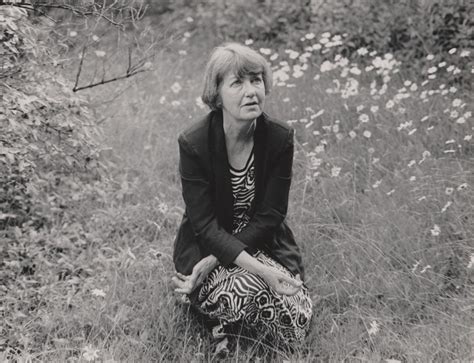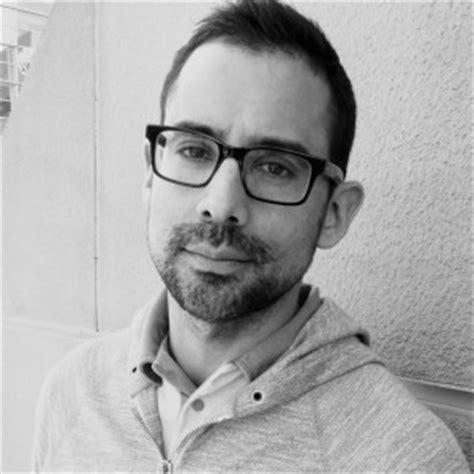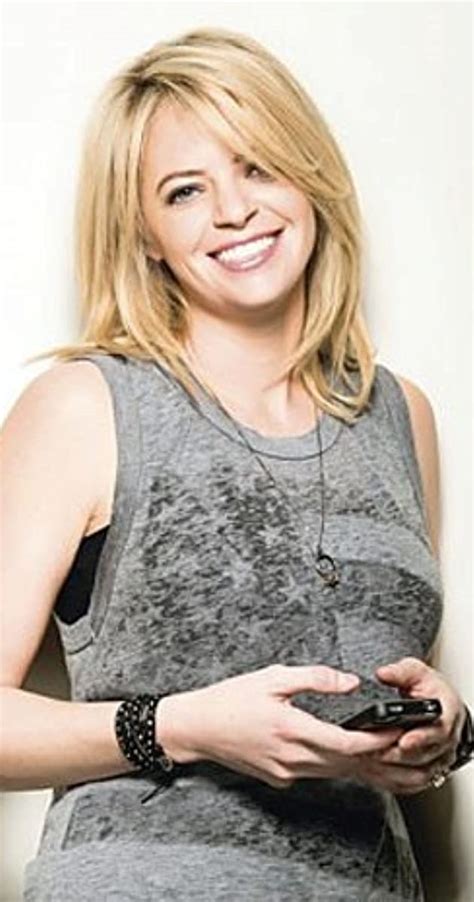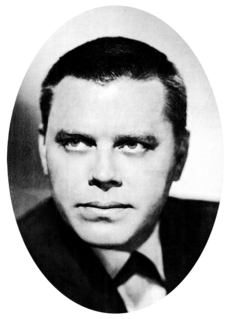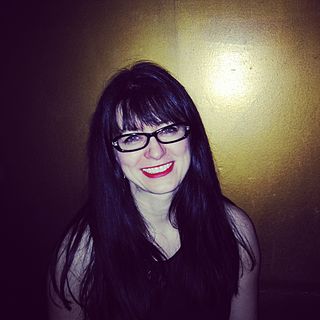A Quote by Lisel Mueller
When I am asked
how I began writing poems,
I talk about the indifference of nature.
Related Quotes
When I worked on a magazine, I learned that there are many, many writers writing that can't write at all; and they keep on writing all the cliches and bromides and 1890 plots, and poems about Spring and poems about Love, and poems they think are modern because they are done in slang or staccato style, or written with all the 'i's' small.
People cannot stand the saddest truth I know about the very nature of reading and writing imaginative literature, which is that poetry does not teach us how to talk to other people: it teaches us how to talk to ourselves. What I'm desperately trying to do is to get students to talk to themselves as though they are indeed themselves, and not someone else.
Writing for me is an ongoing practice of facing and countering fears. And so, in that sense, I have always been responding to phobias. I am often most surprised by the writing that comes from facing fears that strike closest to home, poems that explore internalized phobias about gender identity, sexuality, and the body, poems that struggle with a question like do I deserve love?
It's difficult to talk about [W.S.] Merwin's poems, as it's hard to talk about a feeling or a smell. It is what it is, but so much so that it overwhelms both sense and the senses. I aspire to something about his work, that imbues his poems, though I'm not sure I could say what that is. A purity, maybe, the kind of purity that comes from being beaten, like steel.
I wrote the poems in Charms Against Lightning one by one, over almost a decade, and I did not write them toward any theme or narrative. But once I really got serious about putting together a book, I began to see that in fact there were themes across the poems, if only because my own obsessions had brought me back time and again to the same ground. I realized that any ordering of the poems would determine how those themes developed over the manuscript, and how the collection's dramatic conflicts were resolved.
I think all writing is about writing. All writing is a way of going out and exploring the world, of examining the way we live, and therefore any words you put down on the page about life will, at some level, also be words about words. It's still amazing, though, how many poems can be read as being analogous to the act of writing a poem. "Go to hell, go into detail, go for the throat" is certainly about writing, but it's also hopefully about a way of living.
I don't want to write poems that are just really clear about how I'm aware of all the traps involved in writing poetry; I don't want to write fiction that's about the irresponsibility of writing fiction and I've thrown out a lot of writing that I think was ultimately tainted by that kind of self-awareness.
